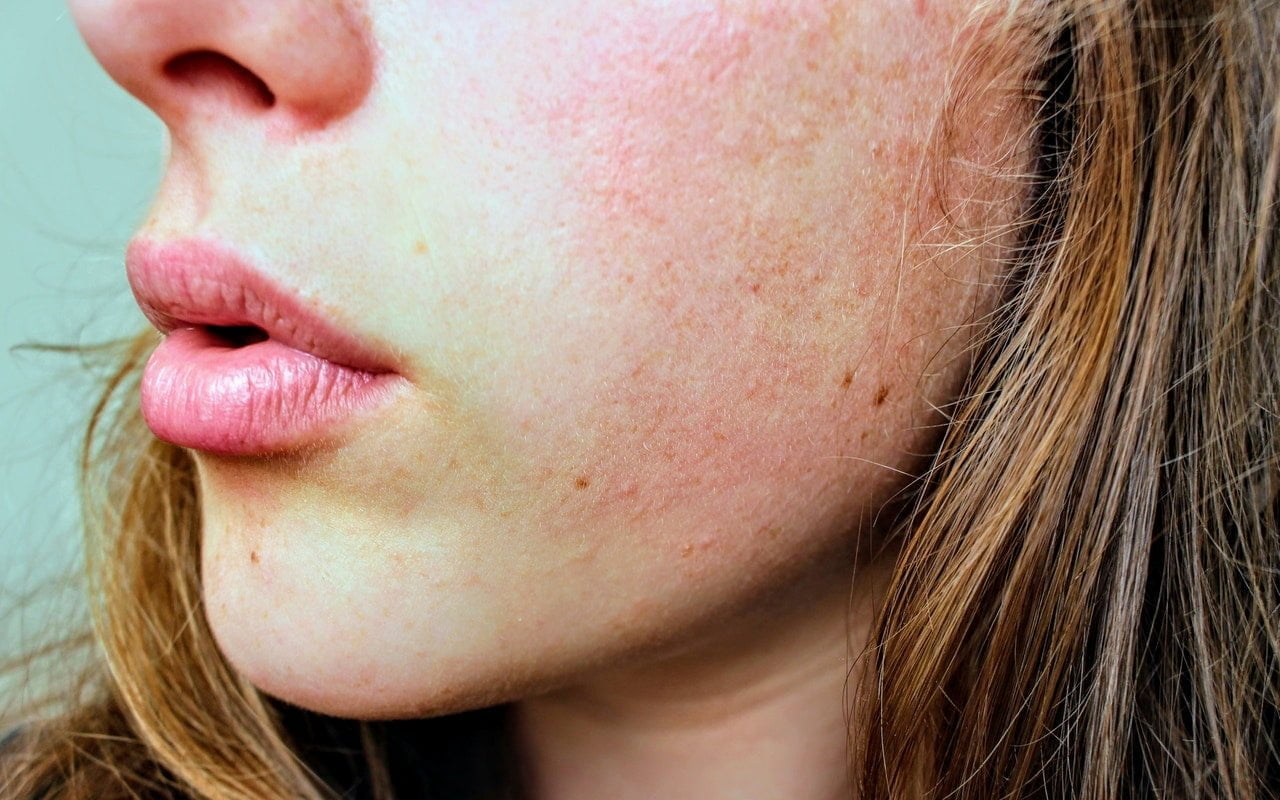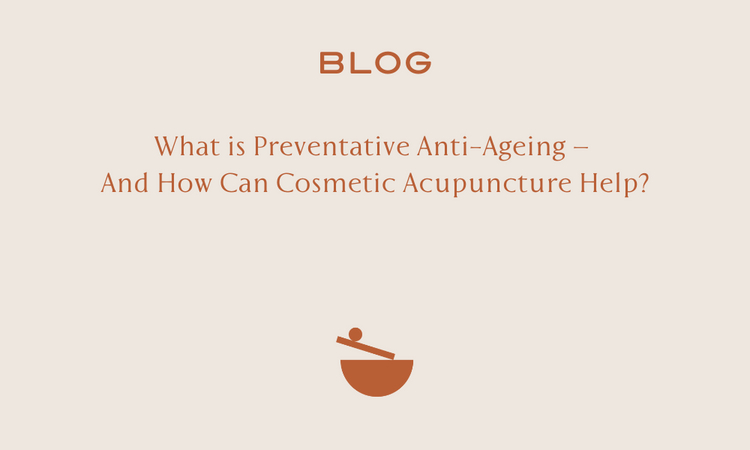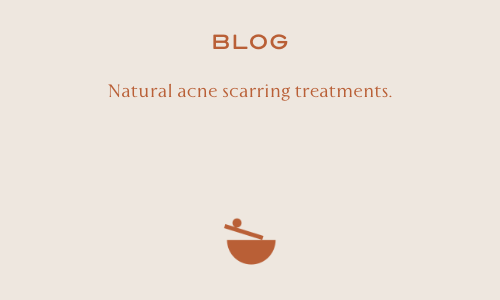- Trusted Expert in Facial Acupuncture & Chinese Medicine
- Cosmetic Acupuncture for Acne
- Telehealth Available

Discover how acupuncture can target the root causes of acne, reduce breakouts, and promote long-lasting skin health.
Facial acupuncture has emerged as a natural and holistic approach to treating acne, offering benefits beyond traditional skincare methods. This ancient Chinese therapy stimulates the body’s healing processes by targeting specific points on the face and body. For those struggling with acne, facial acupuncture can help regulate hormonal imbalances, reduce inflammation, and promote circulation, leading to clearer skin.
In this article, we will explore the benefits of facial acupuncture for acne, delve into how it works to minimise breakouts, and assess its effectiveness as a treatment option for achieving healthier, blemish-free skin.
Acne is one of the most common skin conditions, affecting people of all ages but especially prevalent during adolescence and young adulthood. The origins of acne on the face typically stem from a combination of factors, including excess oil production, clogged pores, bacteria, and inflammation. Sebaceous glands in the skin produce sebum, an oily substance meant to lubricate the skin. When the body produces too much sebum, it can mix with dead skin cells, blocking hair follicles and creating the ideal environment for bacteria to thrive.
Hormonal fluctuations, particularly during puberty, menstruation, pregnancy, or stress, can also lead to increased sebum production and acne flare-ups. Androgens, a group of hormones, are known to increase during these times, causing the sebaceous glands to enlarge and produce more oil. This hormonal imbalance is a major contributor to acne development in teenagers and adults alike.
Additionally, factors such as diet, stress, genetics, and lifestyle habits can exacerbate acne. Foods high in refined carbohydrates and sugars are thought to spike insulin levels, which may worsen acne by stimulating oil production. Stress, too, can trigger hormone releases that further fuel acne breakouts. While genetics often play a role in an individual’s likelihood of developing acne and environmental factors can worsen or improve skin health over time.
Did you know? In Australia, acne affects around 85% of individuals aged between 15 and 24 years, making it one of the most common skin conditions among young people in the country. However, acne can also persist into adulthood, with approximately 12% of women and 3% of men over the age of 25 continuing to experience regular breakouts.
Acupuncture has been practised for thousands of years as part of Traditional Chinese Medicine (TCM), offering a holistic approach to treating various health conditions, including skin disorders like acne. In terms of acne treatment, acupuncture assists by addressing some of the root causes of acne, such as hormonal imbalances, poor circulation, and systemic inflammation. By inserting fine needles into specific acupuncture points on the face and body, acupuncture helps balance the body’s energy, or Qi, promoting healing from within.
One of the primary ways acupuncture treats acne is by regulating hormone levels. Since hormonal imbalances are a common trigger for acne, acupuncture can help stabilise hormone production, reducing excess sebum and oil build-up in the skin. This approach is particularly beneficial for those who experience hormonal acne related to menstrual cycles or stress-induced breakouts.
Acupuncture also promotes blood circulation and detoxification. Improved circulation means that more oxygen and nutrients are delivered to the skin, aiding in the natural healing process. By enhancing blood flow, acupuncture helps remove toxins and reduce inflammation, leading to clearer, healthier skin over time. Moreover, it stimulates collagen production, which can aid in skin regeneration and repair, reducing the appearance of acne scars.
Facial acupuncture for acne offers several positive effects, often noticed after just a few sessions. Many patients report a reduction in the frequency and severity of breakouts, along with an improvement in overall skin texture and tone. Acupuncture not only targets existing acne but also works to prevent future flare-ups by addressing underlying imbalances. Unlike conventional treatments, which may involve harsh chemicals or medications, acupuncture is a gentle, natural approach with few side effects.
One of the key benefits of acupuncture is its minimal downtime. Since the treatment involves fine needles that barely penetrate the skin, patients can typically resume their normal activities immediately after a session. There may be slight redness or sensitivity in the treated areas, but these effects are temporary and usually subside within a few hours. This makes acupuncture an ideal option for those seeking an effective acne solution without the recovery time often associated with other skin treatments.
Over time, the results of acupuncture can be long-lasting, especially when combined with a healthy lifestyle and skincare regimen. Regular treatments help maintain the body’s internal balance, reducing the likelihood of recurring acne breakouts. Patients often experience not only clearer skin but also a sense of overall well-being, as acupuncture addresses the body as a whole, promoting both physical and mental health. For individuals seeking a holistic, non-invasive solution for acne, acupuncture offers promising, sustainable results.
Facial acupuncture offers a natural, effective solution for treating acne by addressing its root causes, such as hormonal imbalances, poor circulation, and inflammation. Our practitioner Dr. Vivian Tam, is one of Australia’s most skilled cosmetic acupuncturists, having helped numerous patients achieve clearer, healthier skin through this holistic approach. If you’re struggling with acne and looking for a gentle, non-invasive treatment, contact our clinic today to schedule a consultation and start your journey towards longer-lasting skin health.

The Rise of Cosmetic Acupuncture Discover how Dr. Vivian Tam of Cosmetic Acupuncture Melbourne offers a safe, effective, and relaxing alternative to invasive beauty treatments, with little to no downtime or side effects. Cosmetic and facial acupuncture has emerged as a popular..

Preventative anti-ageing is a proactive approach to anti-ageing from the 20s or 30s onwards. More than targeting visible wrinkles, it aims to ‘future-proof’ youthful skin. With the use of skincare and professional treatments such as cosmetic acupuncture, skin needling and botox..

If you’ve finally managed to clear your acne, only to be left with red marks, raised lumps or pitting, you’re not alone. Acne scarring and hyperpigmentation is very common – often taking much longer to resolve than the pimples themselves...
© 2026 Cosmetic Acupuncture Melbourne
This site is protected by reCAPTCHA and the Google Privacy Policy and Terms of Service apply.